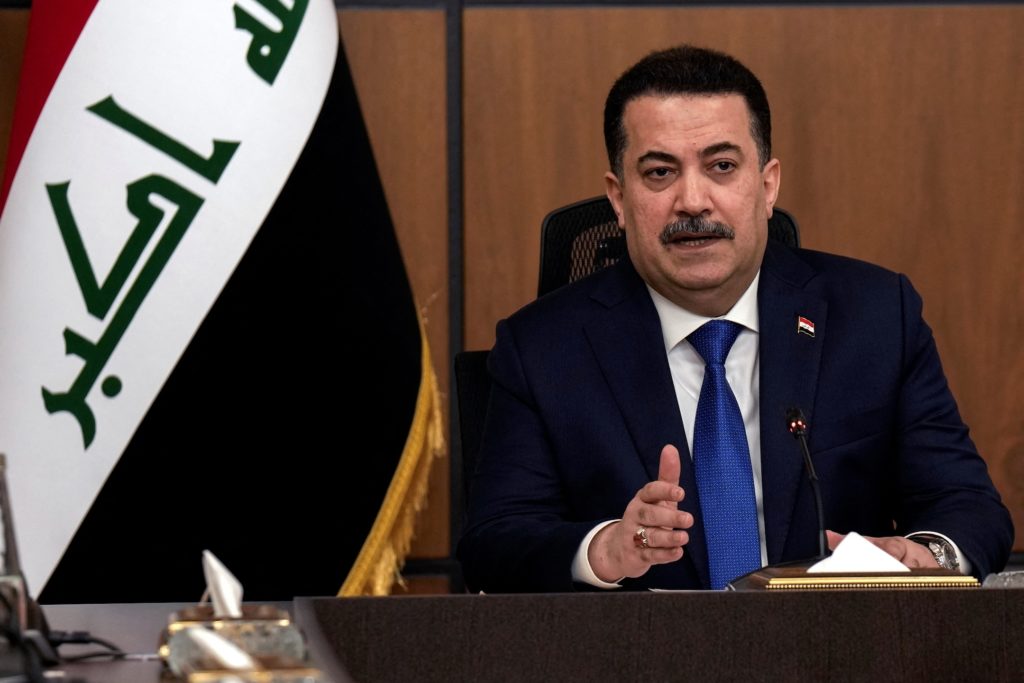KDP criticizes Baghdad over budget deal, warning that Iraq’s leadership is breaking key financial promises to the Kurdistan Region. Senior Kurdistan Democratic Party (KDP) leader Fazel Mirani accused Prime Minister Mohammed Shia’ al-Sudani of failing to respect agreements designed to end the region’s salary crisis.
In an interview with Rudaw, Mirani said Baghdad’s actions contradict federal principles and the Iraqi constitution. “Their civil servants received November salaries,” he said. “Ours have not even been paid for September.” He blamed the prime minister directly, saying Iraq’s finance minister only follows orders from the cabinet.
Tensions between Erbil and Baghdad have continued for months. In late May, Iraq’s federal finance ministry halted budget transfers to the Kurdistan Region. Officials in Baghdad claimed that Erbil exceeded its 12.67 percent budget share and failed to deliver its oil export obligations. As a result, over 1.2 million public employees in Kurdistan were left without pay.
After weeks of intense negotiations, the two governments reached a deal in July. Under the agreement, the Kurdistan Regional Government (KRG) would export its 230,000 barrels of oil per day through Iraq’s State Oil Marketing Organization (SOMO). In return, Baghdad would release delayed salary payments. Oil exports resumed in late September, raising hopes for stability.
However, despite the deal, Baghdad has still not released September, October, or November salaries. This ongoing delay has reignited frustration across the Kurdistan Region. Mirani said the problem reveals a deeper issue of mistrust between Baghdad and Erbil. “We have had bad experiences with every Iraqi prime minister,” he said. “Good experiences only come when we help them win office.”
Beyond the budget dispute, Mirani also discussed efforts to form a new Kurdistan Regional Government. The KDP secured 39 seats in the 2024 election, while the Patriotic Union of Kurdistan (PUK) won 23. The two parties have been negotiating a coalition government for over a year.
Mirani said the KDP accepted most of the PUK’s conditions but refuses to hand over the Interior Ministry. “We have the right to decide,” he said. “Understanding is one thing, but forcing will is another.” He suggested alternative ministries remain available for discussion, including Peshmerga, finance, and higher education.
He urged both parties to prioritize national interests over political rivalry. “We must protect our achievements and unite against external threats,” he said. “Our people deserve stability, not endless disputes.”
Ultimately, KDP criticizes Baghdad over budget deal because it sees broken promises as a direct threat to Kurdish autonomy and public trust. As Mirani emphasized, KDP criticizes Baghdad over budget deal not just for political reasons, but to demand fairness for every unpaid worker in the Kurdistan Region.



